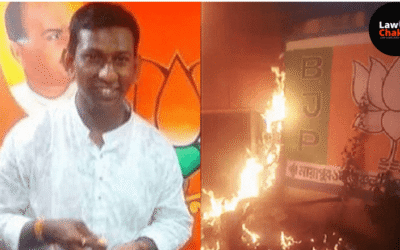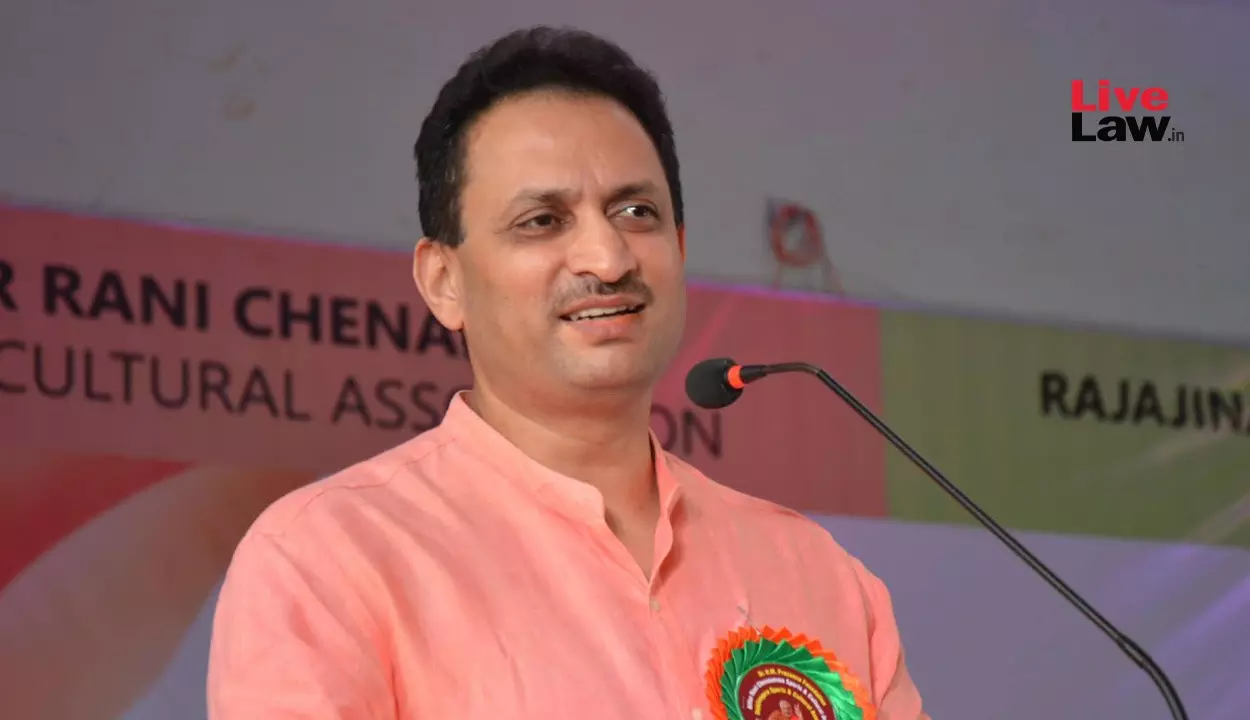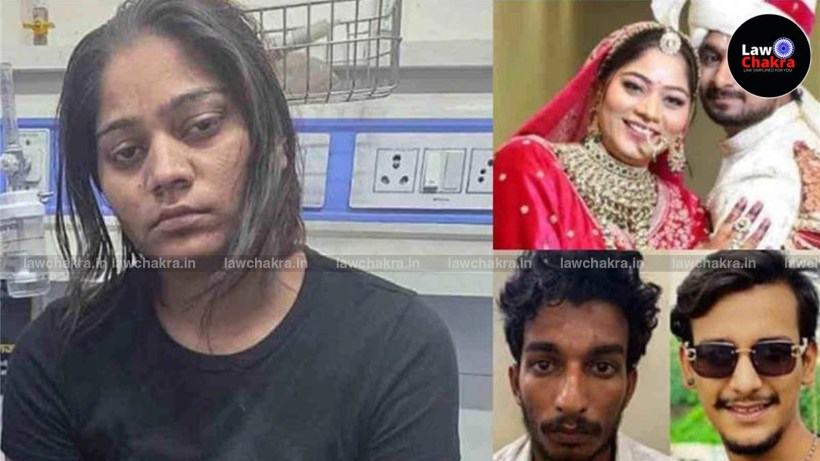BREAKING| Supreme Court To Deliver Judgment Tomorrow On Reinstating Minimum Practice Requirement For Judicial Service Entry
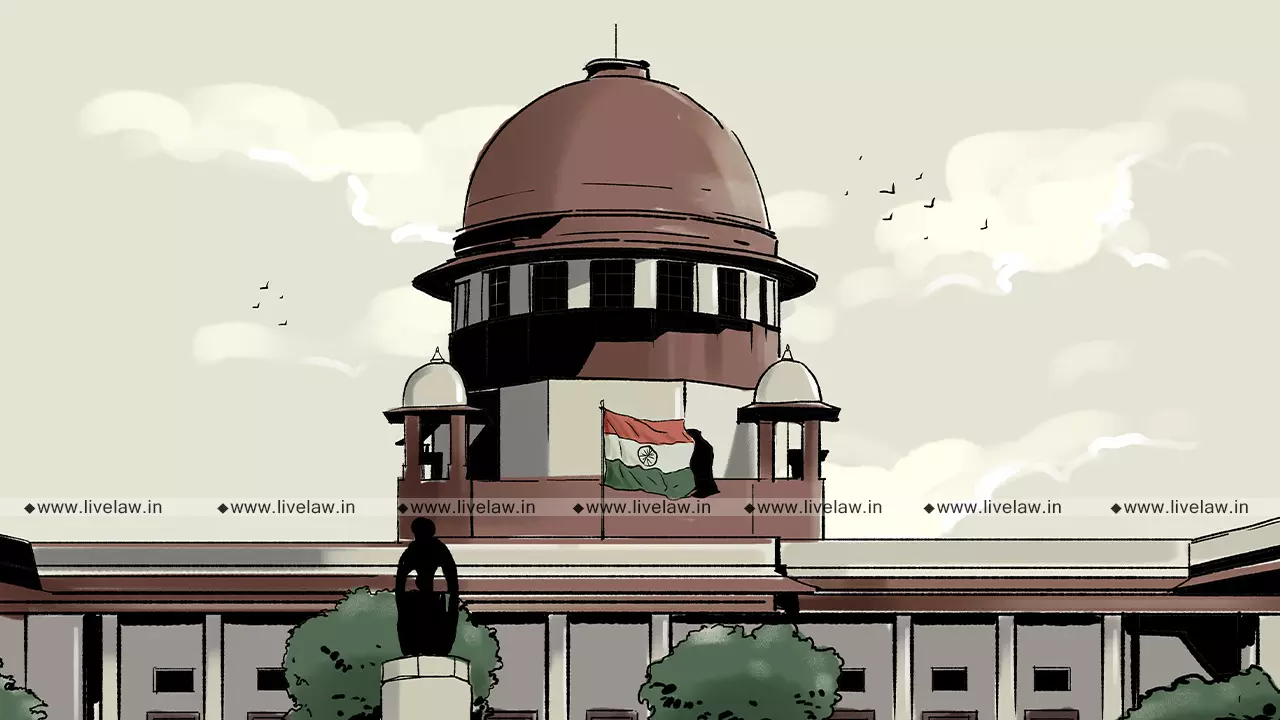
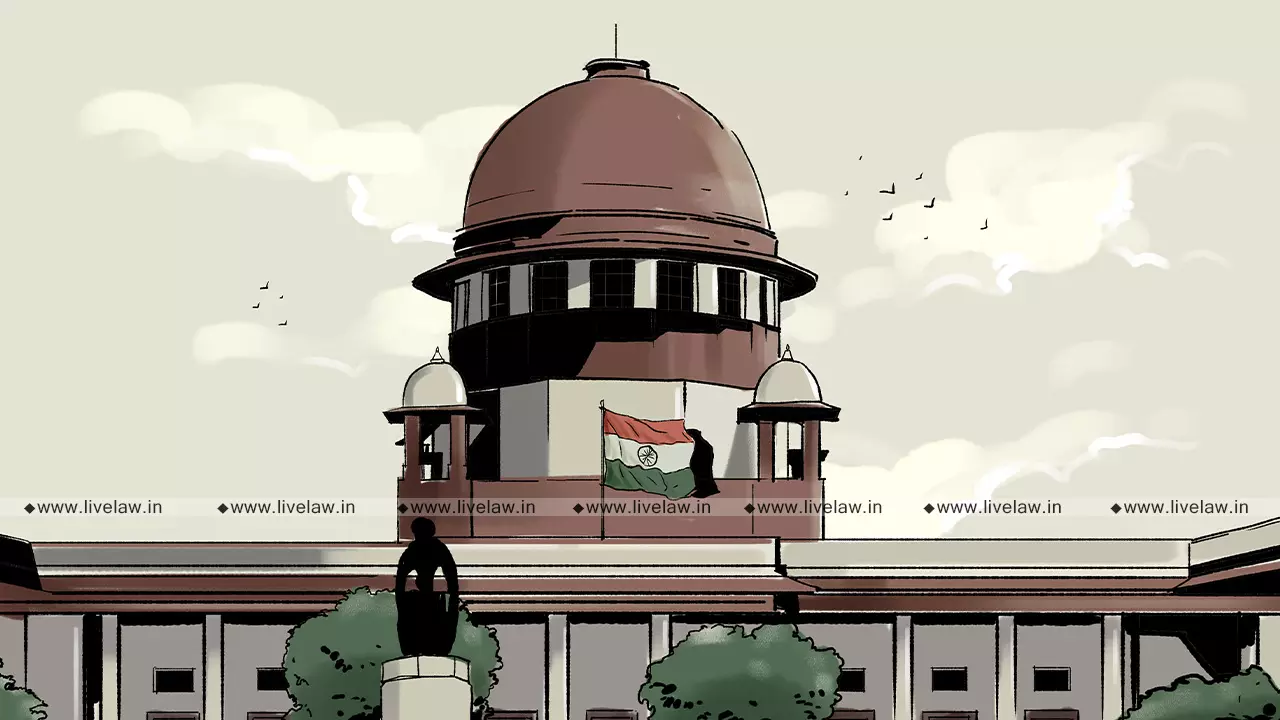
The Supreme Court will pronounce judgment tomorrow on the question whether the minimum practice requirement should be reinstated as an eligibility condition for applying to entry-level posts in judicial service.
A bench comprising Chief Justice of India BR Gavai, Justice AG Masih and Justice K Vinod Chandran will pronounce the verdict in the All India Judges Association case.
Initially, there was a condition in most States that only lawyers with a minimum practice of three years could apply for judicial service.
In 2002, the Supreme Court had done away with the minimum practice requirement, allowing fresh law graduates to apply for Munsiff-Magistrate posts. However, applications were later filed in the Supreme Court seeking the reinstatement of the condition that only lawyers. Several High Courts also backed the move to reinstate the minimum practice requirement.
The Court had reserved judgment on the applications on January 28, 2025.
Amicus Curiae, Senior Advocate Siddharth Bhatnagar, raised concerns about allowing fresh law graduates entry to the judicial service without any practical experience as an advocate. The bench also shared similar concerns during the hearing. However, the bench also deliberated how effective the practice period would be, as aspirants might just sign vakalaths for namesake along with some other lawyers, without any effective practice.
More or less, all High Courts took a stand that a prior practice of two or three years is required for efficient functioning as judicial officers. Most High Courts and States are of the view that the entry of fresh law graduates to judicial service was “counter-productive.”
Sikkim and Chhattisgarh were the only High Courts that have stated that three years of practice need not be restored.
In the 2002 judgment in the All India Judges Association case, the Supreme Court observed:
“In the All India Judges’s case [1993] 4 SCC 288 at p. 314; this Court has observed that in order to enter the Judicial Service, an applicant must be an Advocate of at least three year’s standing. Rules were amended accordingly. With the passage of time, experience has shown that the best talent which is available is not attracted to the Judicial Service. A bright young law graduate after 3 year of practice finds the Judicial Service not attractive enough. It has been recommended by the Shetty Commission after taking into consideration the views expressed before it by various authorities, that the need for an applicant to have been an Advocate for at least 3 years should be done away with.
After taking all the circumstances into consideration, we accept this recommendation of the Shetty Commission and the argument of the learned Amicus Curiae that it should be no longer mandatory for an applicant desirous of entering the Judicial Service to be an Advocate of at least three years’ standing we accordingly, in the light of experience gained after the judgment in All India Judges’ cases direct to the High Courts and to the State Governments to amend their rules so as to enable a fresh law graduate who may not even have put in even three years of practice, to be eligible to compete and enter the Judicial Service. We, however, recommend that a fresh recruit into the Judicial Service should be imparted with training of not less than one years, preferably two years.”

